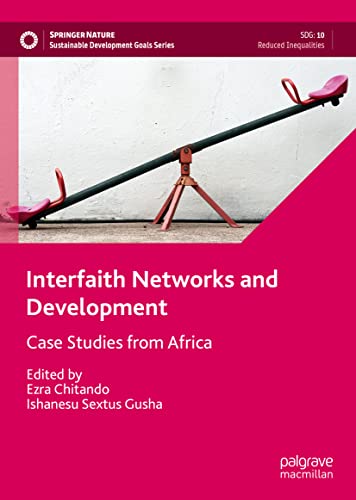

Most ebook files are in PDF format, so you can easily read them using various software such as Foxit Reader or directly on the Google Chrome browser.
Some ebook files are released by publishers in other formats such as .awz, .mobi, .epub, .fb2, etc. You may need to install specific software to read these formats on mobile/PC, such as Calibre.
Please read the tutorial at this link: https://ebookbell.com/faq
We offer FREE conversion to the popular formats you request; however, this may take some time. Therefore, right after payment, please email us, and we will try to provide the service as quickly as possible.
For some exceptional file formats or broken links (if any), please refrain from opening any disputes. Instead, email us first, and we will try to assist within a maximum of 6 hours.
EbookBell Team

4.7
106 reviewsAlthough there is growing interest in the role of religion in meeting the United Nations Sustainable Development Goals (SDGs), Agenda 2030, very few studies have focused on the contributions of interfaith networks. Most of the contemporary publications on religion and development focus on single religions or faith-based organizations. This volume addresses the lacuna in the available scholarship by undertaking detailed analyses of how interfaith networks in diverse African contexts contribute to development. Chapters in this volume engage in theoretical debates on interfaith networks and development, while describing concrete, fresh case studies on how particular interfaith networks are contributing towards the meeting of the SDGs in specific contexts. Thus, the volume describes older and newer interfaith networks and analyses their achievements and challenges. Contributors focus on SDGs that include peacebuilding, gender, youth, the environment, as well as overviews of interfaith initiatives in different African contexts.